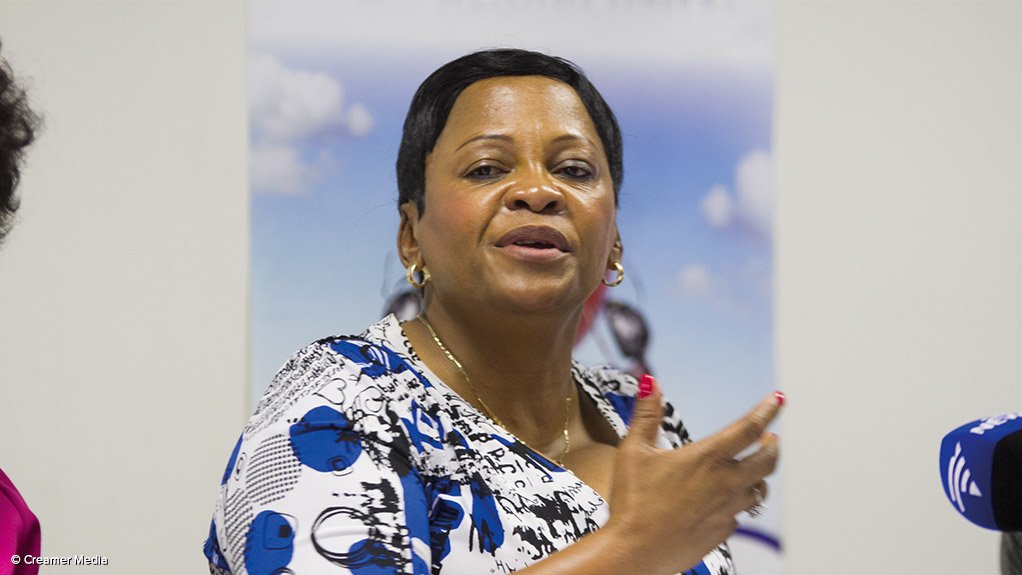The Western Cape will not get to a stage where it runs out of water completely, Water and Sanitation Minister Nomvula Mokonyane vowed on Wednesday.
"We will never allow a situation of a total shutdown," Mokonyane told a joint sitting of three committees of Parliament, as the province's water crisis bites.
She said it was extremely important to avoid dry taps in homes and irrigation systems for the agricultural sector because of the economic and social impact not having water would have.
The Portfolio Committees on Co-operative Governance and Traditional Affairs, Water and Sanitation, and Agriculture, were meeting on Wednesday to discuss the interventions made so far to avoid a total shutdown of the water supply in the province.
At the start of the meeting, Mokonyane praised the City of Cape Town and the provincial leadership for their efforts so far in keeping residents and businesses supplied with water, despite extremely low dam levels.
She said, although the members of the committees came from different political parties, they were all united in solving the water crisis.
ONLY HOPE
Trevor Balzer, deputy director-general at the Department of Water and Sanitation, delivered grim news.
"It is highly unlikely that we are going to get any more rain for the winter season in the Western Cape," he said.
"And that's the critical issue that we have to deal with."
He said the dams in the province were currently at an average level of 35.9%, compared with 60% at the same time in 2016.
With use estimated at around 2.2% of the dam level per month, getting to next winter was going to be a high-pressure exercise. The only hope was early winter rain in 2018, or unseasonal rain in January, February and March.
He said the floods in other parts of SA were indications that climate change was already altering the country's weather patterns.
'WE WILL SEE OURSELVES THROUGH'
Nationally, dam levels are at 64%, compared with 49% at the same time in 2016.
He said the 43 dams monitored in the province would need more than one season of rain to bring levels back up to normal.
Technology should be put in for real-time monitoring of dams, and residents must save as much water as possible, he added.
"When we get into our homes and no one sees us we tend to waste water a little bit," he said.
The City of Cape Town has already implemented Level 5 restrictions, and urged residents to keep a 5 l store of water for emergencies, or if pressure reduction measures leave their taps dry.
"If everyone complies with measures, we will be able to stretch, and see ourselves through the winter.
''There will be pressure points but generally, we will see ourselves through," he said.
However, this would only work if residents stuck to the restrictions, and water reuse systems as well as desalination and aquifer extraction plans were put in place.
EMAIL THIS ARTICLE SAVE THIS ARTICLE
To subscribe email subscriptions@creamermedia.co.za or click here
To advertise email advertising@creamermedia.co.za or click here











